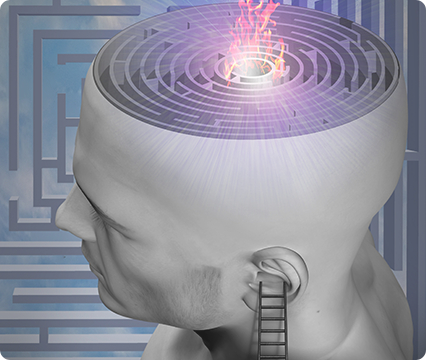Association of allostatic load and dietary inflammatory index with depressive symptoms among U.S. adults: NHANES 2007–2018
Chronic stress and pro-inflammatory diets are each linked to depressive symptoms (DSs), but how they interact remains unclear. This study by Zheng et al. (2025) analyzed data from 20,446 U.S. adults in the 2007–2018 NHANES dataset. Chronic stress was measured using an allostatic load score (ALS) based on eight biomarkers, while dietary inflammation was assessed via the Dietary Inflammatory Index (DII) using two 24-hour food recalls. Depressive symptoms were evaluated using the PHQ-9. Findings revealed that both higher ALS and higher DII were independently associated with increased risk of depressive symptoms. Individuals with both high ALS and a pro-inflammatory diet had nearly five times the risk of depressive symptoms compared to those with low ALS and an anti-inflammatory diet. Furthermore, the authors discovered that dietary inflammation was modestly responsible for the relationship between stress and depressive symptoms. It is estimated that reducing both chronic stress and inflammatory diets could prevent about 40% of depression cases. Although the study’s cross-sectional nature limits conclusions about causality and may involve unmeasured confounding factors, the findings support a combined approach to managing stress and diet as a strategy to reduce depression rates in U.S. adults. [NPID: Chronic stress, pro-inflammatory diet, depressive symptoms, allostatic load, dietary inflammation index, PHQ-9, mediation, NHANES, synergistic effects, depression prevention]
Year: 2025
 Navigation
Navigation








